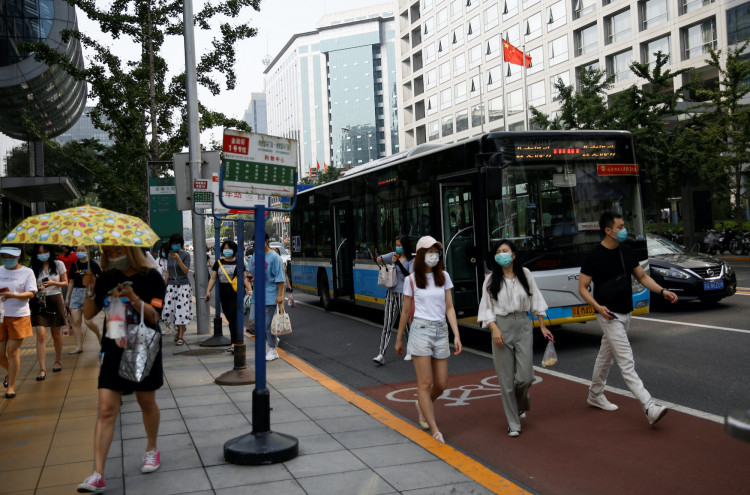Data published by China's National Bureau of Statistics Monday showed that China's economy had grown by 8.1% last year, bolstered by strong industrial production that rose steadily throughout the last 12 months. The increased production managed to offset the drop in retail sales due to the pandemic and supply chain disruptions.
The growth rate for the entire year was slightly lower than the 8.4% growth expected by analysts. For the final quarter of 2021, China's GDP grew by 4% when compared to the same period last year. Industrial production grew by 4.3% in December alone, beating average analysts' expectations. Auto production grew for the first time since April with a 3.4% year-on-year increase last month.
Fixed asset investments increased by 4.9% in 2021, above predictions of 4.8%. Real estate investment increased by 4.4%, while infrastructure investment increased by 0.4 %. Manufacturing investment increased by 13.5% year over year in 2021, with special-purpose machinery seeing the biggest growth, increasing by 24.3% year over year.
Retail sales missed to beat expectations and slowed down at the end of the year. Retail sales grew by only 1.7% in December, missing the 3.7% increase expected.
Bureau officials said the global economic situation remains "complicated and uncertain." Officials said China's economy is still under a lot of pressure, particularly from demand contraction, weakening expectations, and supply shock. Officials warned that the better-than-expected economic growth does not negate the fact that China is still facing multiple challenges.
Chief China economist at Macquarie, Larry Hu, said the expected policy easing cycle would make things even more complicated. Hu noted that the People's Bank of China has already cut the borrowing cost of medium-term loans, and he expected the bank to target the benchmark loan prime rate next.
Apart from policy easing, analysts expect China's economic growth to slow down further this year because of its stringent zero-COVID policy.
China's commitment to eliminating COVID-19 is being put to the test as officials battle Omicron's rapid expansion. In addition, a recent outbreak of the earlier Delta variant has pushed the Xi'an industrial center into lockdown, impacting the manufacturing lines of multinational chipmakers such as Samsung and Micron.
Goldman Sachs reduced its 2022 GDP growth forecast for China, citing economic disruptions that may be a result of more lockdowns and movement restrictions. Analysts said the government's approach could further impact consumer spending.
In 2020, retail sales in China dropped by 3.9% even as the overall economy grew at the height of the global pandemic. Last year, overall retail sales had rebounded, but growth was only limited to urban areas.






